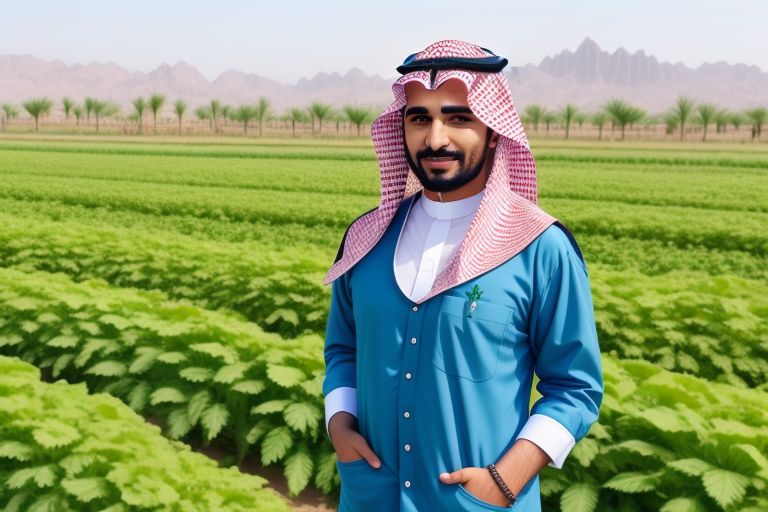In recent years, Saudi Arabia has made significant strides toward diversifying its economy and ensuring long-term food security through sustainable agriculture. A notable aspect of this transformation is the growing emphasis on Saudi Arabian organic farming, which is beginning to have a substantial impact on related industries—especially poultry. As consumer awareness increases and demand for organic and chemical-free food products rises, the organic farming movement in the Kingdom is helping reshape the Saudi Arabian poultry industry.
The Rise of Organic Farming in Saudi Arabia
Saudi Arabia’s arid climate and desert landscape may seem like unlikely conditions for organic farming, but innovations in water conservation, soil treatment, and crop rotation are making it possible. Backed by Vision 2030, the government has launched initiatives to expand organic agriculture across the country.
Organic farming in the Kingdom is centered on eliminating synthetic pesticides, herbicides, and genetically modified organisms (GMOs). This move toward cleaner and more sustainable practices is particularly influential for the poultry industry, where feed quality directly affects the health of chickens and the safety of poultry products for human consumption.
Organic Feed and Its Role in Poultry Farming
The foundation of any organic poultry farm lies in what the birds consume. In conventional systems, poultry feed often includes additives, antibiotics, and genetically modified ingredients. However, with the rise of Saudi Arabian organic farming, more farms are beginning to produce organic feed made from naturally grown grains and legumes.
This shift is significant because it ensures healthier birds, reduces antibiotic resistance, and improves the overall quality of poultry meat and eggs. Organic feed supports better digestion and a stronger immune system in poultry, which translates to cleaner meat for consumers.
Market Demand and Health Conscious Consumers
One of the key drivers behind the rise of organic poultry products in Saudi Arabia is changing consumer preferences. Health-conscious individuals are increasingly seeking poultry products free from chemicals, hormones, and artificial enhancers. This demand has prompted several local producers to adapt their farming practices and market their products as organic.
Restaurants and supermarkets are also responding to this shift by offering organic chicken options. With the expansion of organic farming, more poultry farms are gaining organic certification, making such products more accessible to consumers across the Kingdom.
Government Support and Certification Programs
The Saudi Ministry of Environment, Water and Agriculture (MEWA) plays a pivotal role in the regulation and promotion of organic agriculture. The ministry has launched several programs to provide training, financial support, and technical assistance to farmers transitioning to organic methods.
For poultry farmers, this includes guidelines on organic feed, humane animal treatment, and sustainable waste management practices. Organic certification is awarded to farms that meet rigorous standards, helping build trust among consumers and ensuring transparency in the supply chain.
Export Potential and Regional Interest
As Saudi Arabia strengthens its organic farming sector, including the poultry industry, it also opens new doors for international trade. The export of certified organic poultry products has the potential to reach global markets that demand ethically sourced and chemical-free meat.
At the same time, the Kingdom’s agricultural transformation is drawing the attention of neighboring countries and international travelers. For those exploring travel opportunities, here are some helpful resources:
These connections highlight the growing interdependence between agriculture, trade, and international cooperation.
Challenges Ahead
Despite the progress, challenges remain. Organic poultry farming requires more land, labor, and time than conventional methods, often leading to higher production costs. There is also the need for increased education among farmers about best practices and organic standards.
However, the government’s support, along with rising market demand, is helping mitigate these barriers. Continued investment in research and development will be essential for maintaining momentum and scaling production.
Conclusion
The integration of Saudi Arabian organic farming into the poultry industry reflects a broader national strategy focused on sustainability, health, and economic diversification. As organic poultry becomes more mainstream, consumers will benefit from cleaner, healthier food options, and Saudi Arabia will strengthen its position as a leader in sustainable food production. This evolution not only enhances domestic food security but also positions the Kingdom as a key player in the global organic market.

